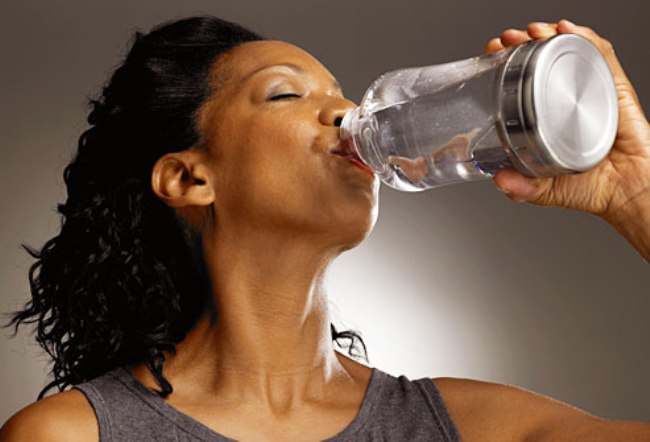We are at that time of the year, summer, and this year its even worse, the heat is unbearable. Heat-related deaths and illness are preventable yet annually many people succumb to extreme heat. The government has even issued a press release to caution us about the heat wave. The following tips will hep you to protect yourself in this heat.
1. Dress For The Weather.
2. Avoid Strenuous Exercise
If possible, take part in outdoor activities and even strenuous indoor tasks in the morning hours or postpone them until evening when temperatures are cooler. If you must work outdoors, stay hydrated. Take frequent breaks, and replace the salt and minerals you’re losing through perspiration by drinking sports beverages.
3. Drink Plenty Of Liquids
Perspiration is the body’s way of staying cool, but that moisture loss has to be replenished regularly. If you’re physically active on a hot day, drinking four glasses of liquid an hour isn’t too much. This is true even if you’re not thirsty, so drink up.
4. Stay Indoors
In a heat wave, you’re safest indoors. If you don’t have an air conditioner in your home, seek out an air-conditioned public building, like a library, mall or theater during the hottest part of the day. When you’re at home, spend your time in the lowest, coolest spot, like the basement. Lower the blinds and close the drapes.
5. Protect Those Most At Risk
Heat-related illness can affect anyone, but some people are particularly at risk. If you live with or know people who fit into any of these categories, check on them frequently during hot days, and make sure they’re staying hydrated, avoiding strenuous exercise, dressing for the weather and finding the best accommodations possible.
6. Replace Salt And Minerals
Heavy sweating removes salt and minerals from the body. These are necessary for your body and must be replaced. If you must exercise, drink two to four glasses of cool, non-alcoholic fluids each hour. A sports beverage can replace the salt and minerals you lose in sweat.
7. Schedule Outdoor Activities Carefully
If you must be outdoors, try to limit your outdoor activity to morning and evening hours. Try to rest often in shady areas so that your body’s thermostat will have a chance to recover.
8. Do Not Leave Children In Cars
Even in cool temperatures, cars can heat up to dangerous temperatures very quickly. Even with the windows cracked open, interior temperatures can rise. Anyone left inside is at risk for serious heat-related illnesses or even death. Children who are left unattended in parked cars are at greatest risk for heat stroke, and possibly death.
9. Adjust To The Environment
Be aware that any sudden change in temperature, such as an early summer heat wave, will be stressful to your body. You will have a greater tolerance for heat if you limit your physical activity until you become accustomed to the heat. If you travel to a hotter climate, allow several days to become acclimated before attempting any vigorous exercise, and work up to it gradually.
10. Pace Yourself
If you are not accustomed to working or exercising in a hot environment, start slowly and pick up the pace gradually. If exertion in the heat makes your heart pound and leaves you gasping for breath, STOP all activity. Get into a cool area or at least into the shade, and rest, especially if you become lightheaded, confused, weak, or faint










